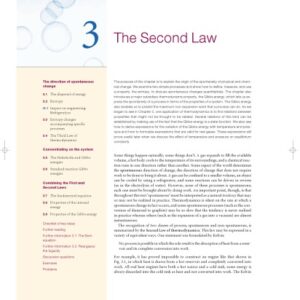Please note the word “review” in the subtitle. I found that for the math I had actually studied, this was indeed a useful review. But for something I didn’t already know, I didn’t find this book to be a very good place to start — there just isn’t space in a small book with broad coverage for really developing and motivating a topic.
Some things I liked:
– the informal tone of the book
– useful (usually) diagrams
– in particular the unit circle diagram included the tangent and secant lines, giving me a geometric intuition about those functions that I never had before
– he gives the basic idea first, then goes into the “fine print” — very nice
– the typesetting is generally excellent (except — uggh! — for a few places where they tried to highlight text in shaded boxes, but the shading is so dark I had to move to better lighting to read what it says!)
Some things I didn’t:
– forward references (e.g. early on he gets into some heady stuff about primes, and in the next chapter tells you what primes are)
– at times it was hard for me to tell where the author was going, i.e. a better transition or connective would have helped
– no doubt for brevity, the author skips steps, sometimes leaving the reader with a bit of a puzzle to figure out what just happened
Also understand that this book does *not* contain, as you might expect from the title, worked-out examples of physics/chemistry/engineering problems. It is not that kind of book at all. This book is kind of like the beginnings of ten books on the kinds of math scientists and engineers will need, minus the tedious definitions and proofs, presented more informally. It is reasonably well executed.
Finally, the price seems kind of high for the size of book, but if what you need is a quick informal review of lots of math that would be useful in science and engineering, this might be just the ticket.


![[PDF] Guide to Essential Math: A Review for Physics, Chemistry and Engineering Students (Complementary Science) Sy M. Blinder](https://pdfelite.com/wp-content/uploads/2024/04/825e34318c06e1477e2d350d26ea4582-d.jpg)




Reviews
There are no reviews yet.